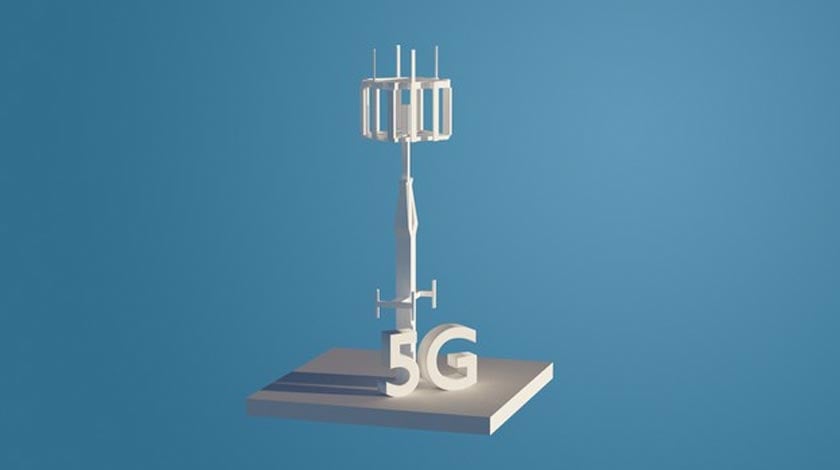5G – New Possibilities for GSM Networks

The introduction of 5G in 2019 left many equally eager and flustered as to what to expect in technological changes for carriers in the GSM Network. Some have speculated that there will be significant changes to internet speeds, improved media quality, and even stronger cybersecurity. One thing is for sure: 5G represents a ripe future for cell phone users around the world, all of whom are remotely connected in the international GSM Network.
What is GSM?
The Global System for Mobile communications, once known as the Groupe Spécial Mobile, is the most popular cell phone standard used around the world. It is most often discussed in comparison to CDMA (Code Division Multiple Access). The interests of the international mobile communications industry are represented by the GSM Association (GSMA). This organization’s success and authority are illustrated by the fact that GSM is used by approximately 80% of cellphone users in the world, primarily to make calls to other wireless devices.
You may recognize the companies that utilize GSM technology:
- AT&T
- T-Mobile
- Indigo Wireless
- TerreStar
- Pine Cellular
GSM is renowned for the international roaming capabilities offered to users, giving them the sense of being a “world phone.” When on a GSM device or subscribed to a GSM carrier, you will have a much easier time transferring data between phones or on a free call.
5G for GSM Networks
Since its introduction in 2019, 5G has been expected to dramatically alter the way cell phone owners conduct their lives online or wirelessly in general. In a recent survey conducted by the GSMA focusing on the potential impacts of 5G technology on society, and business, the following insights were acquired:
- The mobile broadband experience will be transformed. 5G technology is also being referred to as “5G enhanced mobile broadband,” or eMBB. Essentially, this translates to the fact that the new tech will ultimately give us incredibly fast internet. This will be a huge advancement for improving the quality of video content, immersive online communication (like RCS), and enhanced security.
- Widespread integration of 5G technologies will result in advancements to security technologies. The inevitable effect of introducing revolutionary technological advancements like 5G is that other tech will be forced to keep up. Cybersecurity will need to be ramped up significantly, since the time between updates tends to attract the most cyberattacks.
- Increased opportunities for generating revenue. By 2025, it is expected that 5G technology will service about 34% of the global population (this represents about 2.7 billion mobile phones). Compare this with an average annual growth projection of 2.5%. To prepare for the boom in growth, network operators are developing new business models to enhance data monetization and pave the way for new business opportunities. If all is successfully done, digital and IoT growth opportunities could reach 5%.
5G is a promise of a new era for the GSM Network. We are only in its infancy, and the expectations for future changes to the industry paint an extremely optimistic picture for cell phone users around the world.



